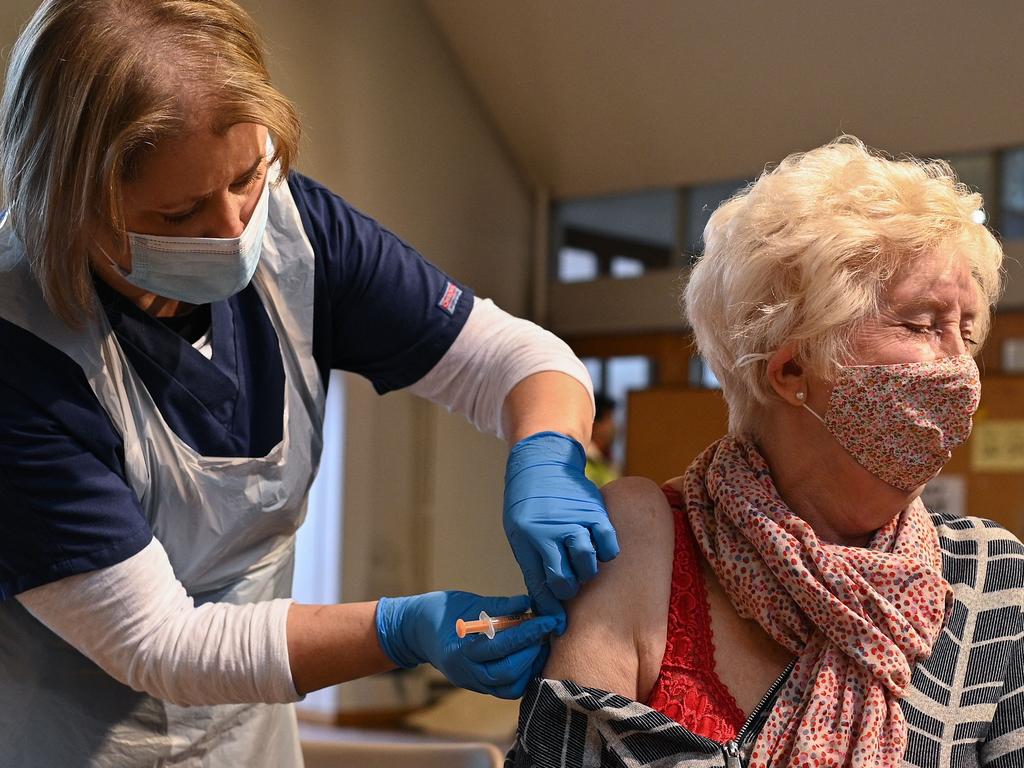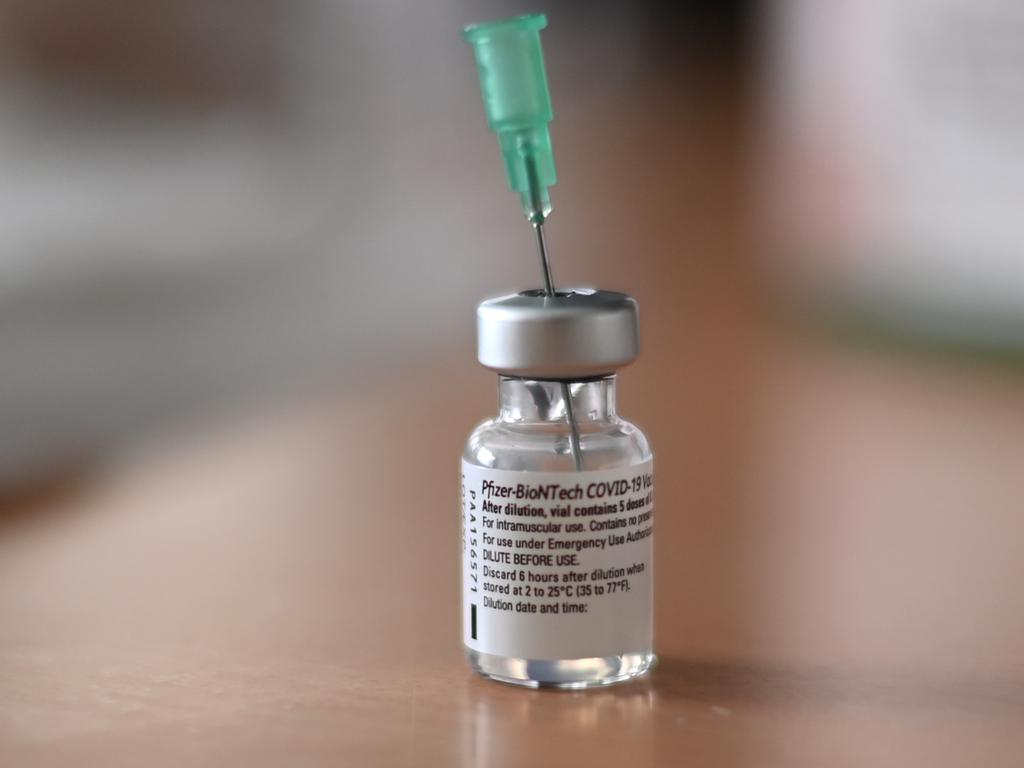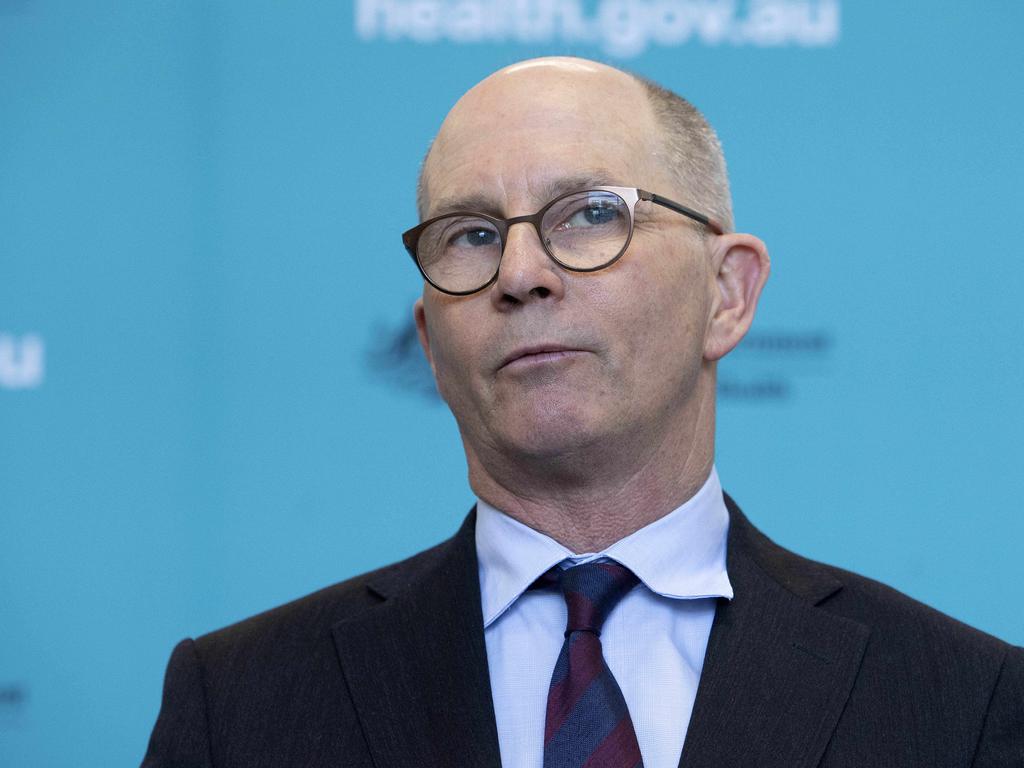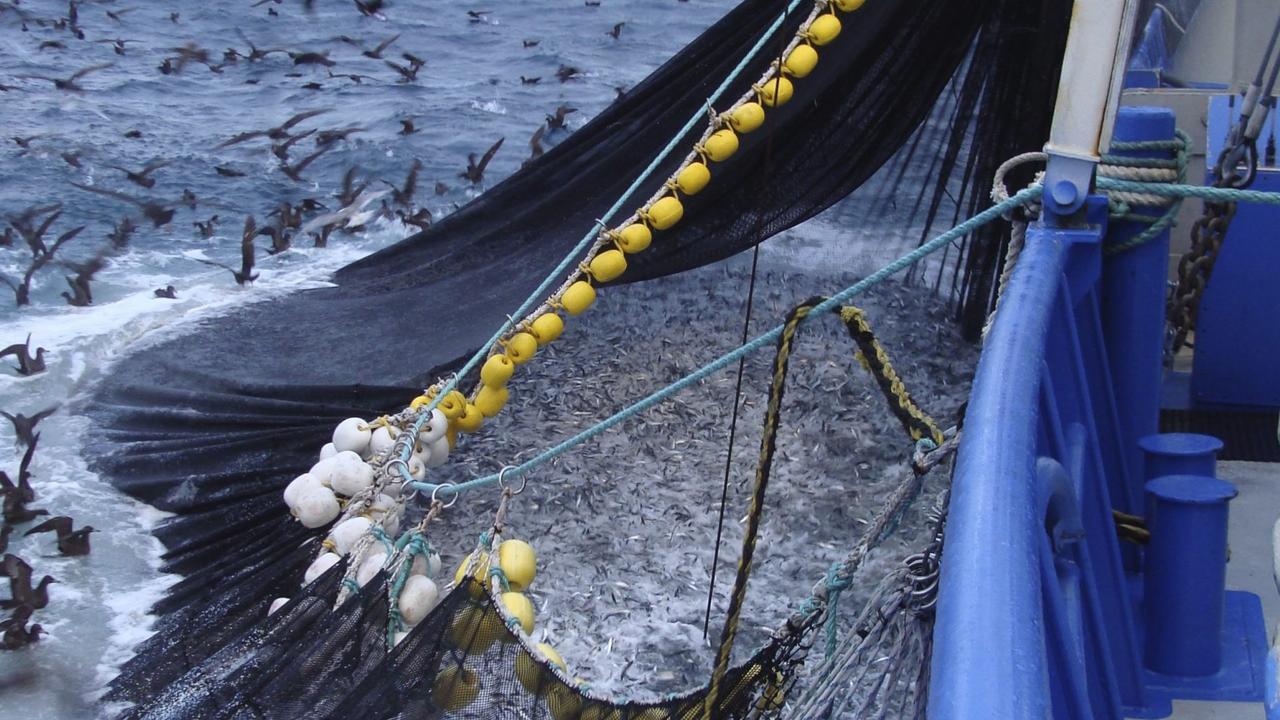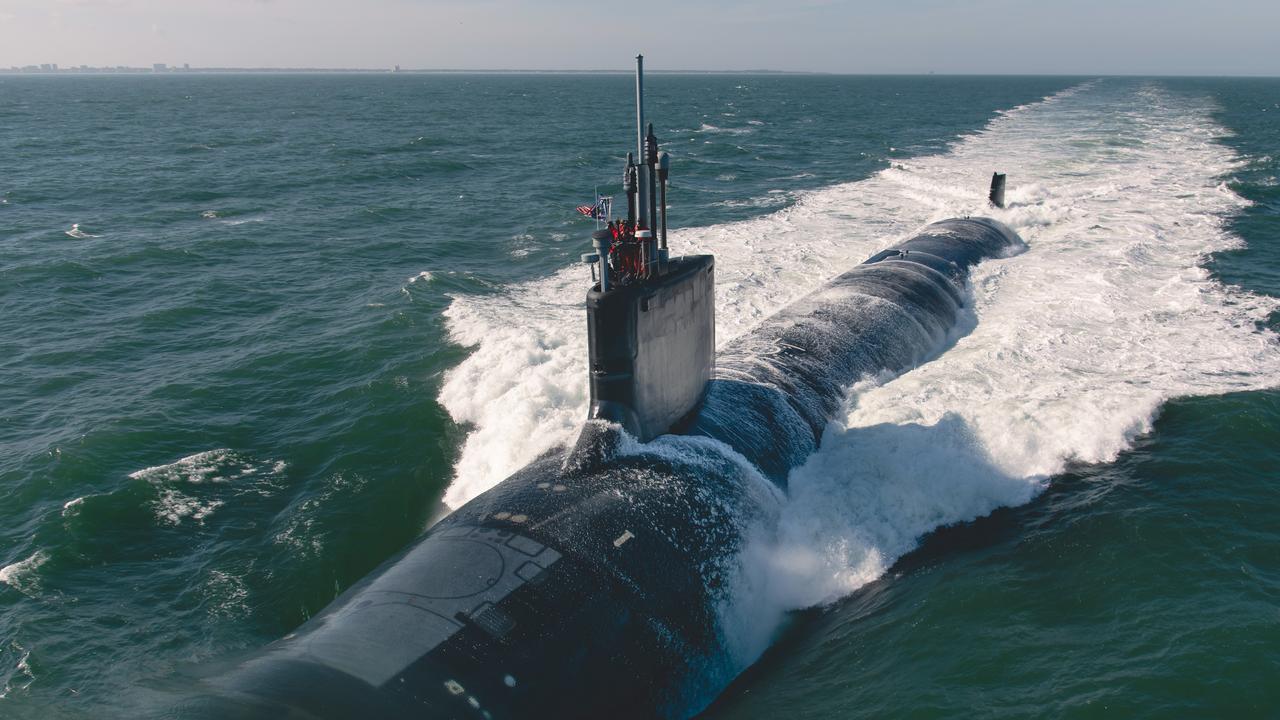Coronavirus: EU threat to Australia’s vaccine program
A European move to shore up supplies of both the Pfizer/BioNTech and Oxford/AstraZeneca vaccines looks to derail the pace of Australia’s vaccination program.
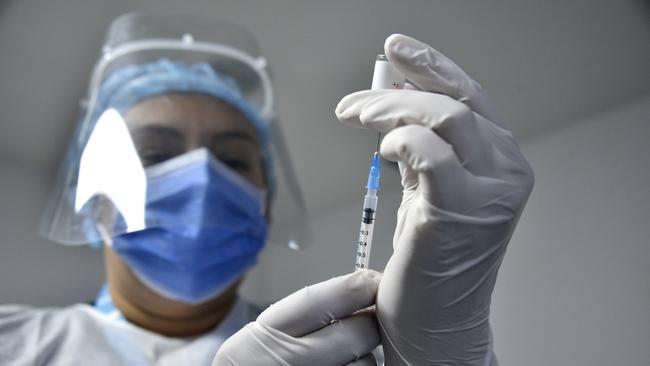
A European move to shore up supplies of both the Pfizer/BioNTech and Oxford/AstraZeneca vaccines looks to derail the pace of Australia’s vaccination program.
Australia will only receive 1.2 million doses of the AstraZeneca vaccine, less than half the order of 3.8m, Health Minister Greg Hunt says.
While the vaccination program is on track to start at the end of February, supply issues and an unseemly stoush between the EU and the UK will seriously affect the rate of delivery of Australia’s initial orders.
This is likely to push back the rate that Australia’s first recipients, such as frontline medical workers and the elderly will receive their jabs.
Mr Hunt told news.com.au “at this stage we are expecting about 1.2m doses of AstraZeneca international”, meaning that Australia will now heavily rely on 50m locally produced AstraZeneca vaccine doses it is licenced to produce at the Commonwealth Serum Laboratory.
Mr Hunt said AstraZeneca’s entire global supply has changed.
The Australian has been told that Mr Hunt has held urgent discussions with the United Kingdom and Europe to confirm the vaccination supplies.
However in addition to the AstraZenca problems Australia may face issues securing the Pfizer/BioNTech vaccine following a new threat by the European Commission to impose licence conditions and limit export to any non-EU countries.
This has occurred because the EU believes that Britain is preferencing vaccination of its own population, ahead of fulfilling a large EU order.
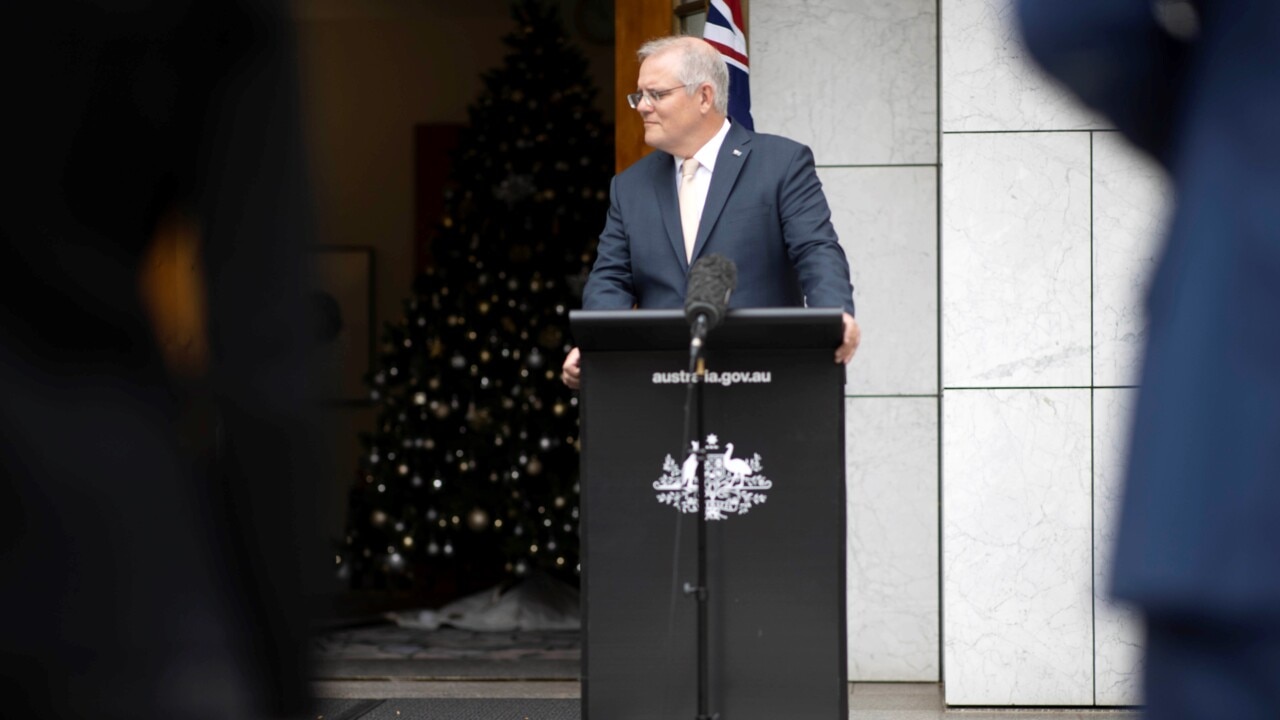
AstraZeneca has told the EU there will be a four month delay to supply 60 per cent of its order because of supply issues. Instead of 80m doses arriving by March, AstraZeneca has told the EU it can only supply 31m because of problems of the cells dividing in the company’s Belgium plant.
But the EU has demanded that it’s AstraZeneca order be filled ahead of all of countries – which could push Australia’s order from the UK further down the list.
As well, the EU has threatened that any non-EU exports of the Pfizer/BionTech vaccine will require a special licence and will be regulated. If these licensing conditions are imposed, it could delay the export of the 10m doses of the Pfizer/BioNTech vaccine to Australia.
The Pfizer/BioNTech vaccine was to arrive into Australia in staggered shipments, with 80,000 expected in the first tranche next month.
But the EU’s demands has now created uncertainty about the arrival of both vaccines that Australia is relying upon.
A spokesperson for Mr Hunt told The Australian that the February time frame already reflected the global supply challenges and they were cautious and conservative estimates based on current advice. “We remain in a strong position with the security of 50m doses of onshore production by CSL (of the AstraZeneca vaccine),” the spokesperson said. “We remain on track for the first vaccinations to occur in late February.”
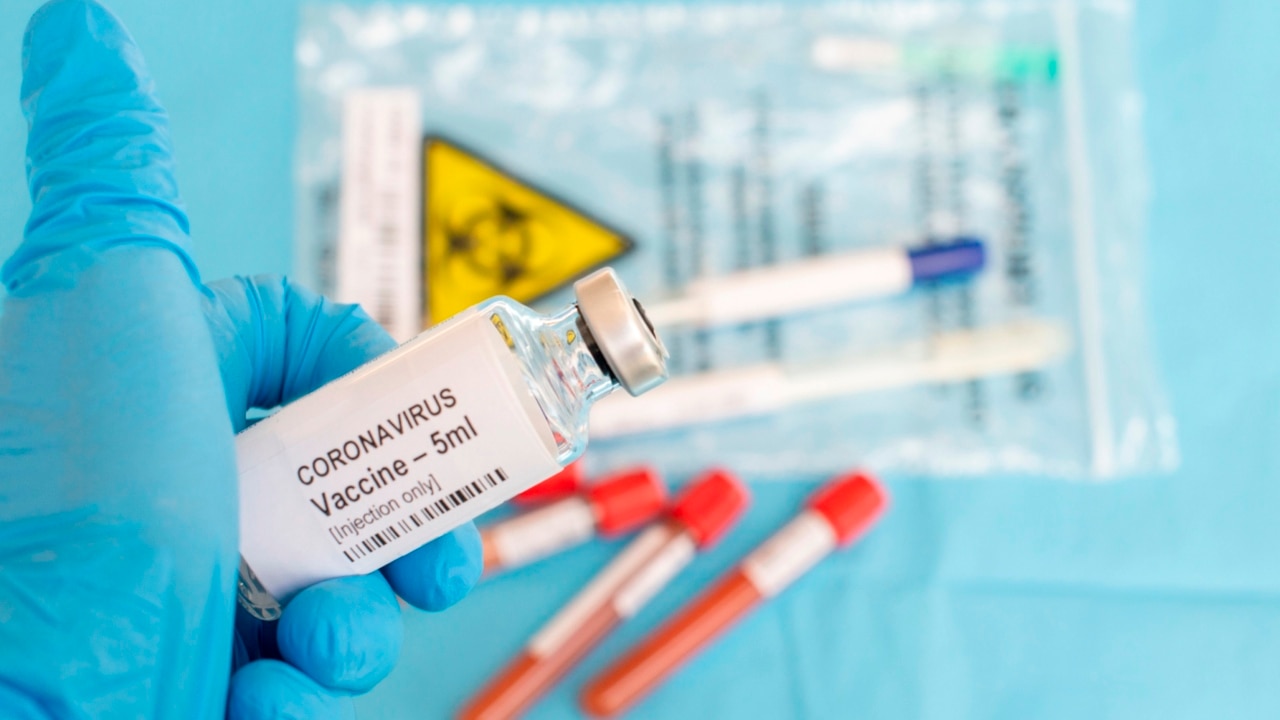
On Monday the Australian government gave no indication of whether the entire 10m order of Pfizer/BioNTech would be available and suggested there could be hiccups in the supply.
In a release the Prime Minister’s office said: “the government continues to work with Pfizer on the final date of delivery of vaccines, noting that Pfizer has experienced some temporary production delays from its European manufacturing plant as it ramps up production to meet extraordinary global demand.
“The government’s latest advice remains that the first doses of Pfizer are expected to arrive and be rolled out in late February. Final dates will be confirmed by Pfizer shortly and are subject to shipping and distribution.”
On Wednesday deputy chief medical officer Professor Michael Kidd said “at the moment there is no concern about the supply of Pfizer into Australia”.



